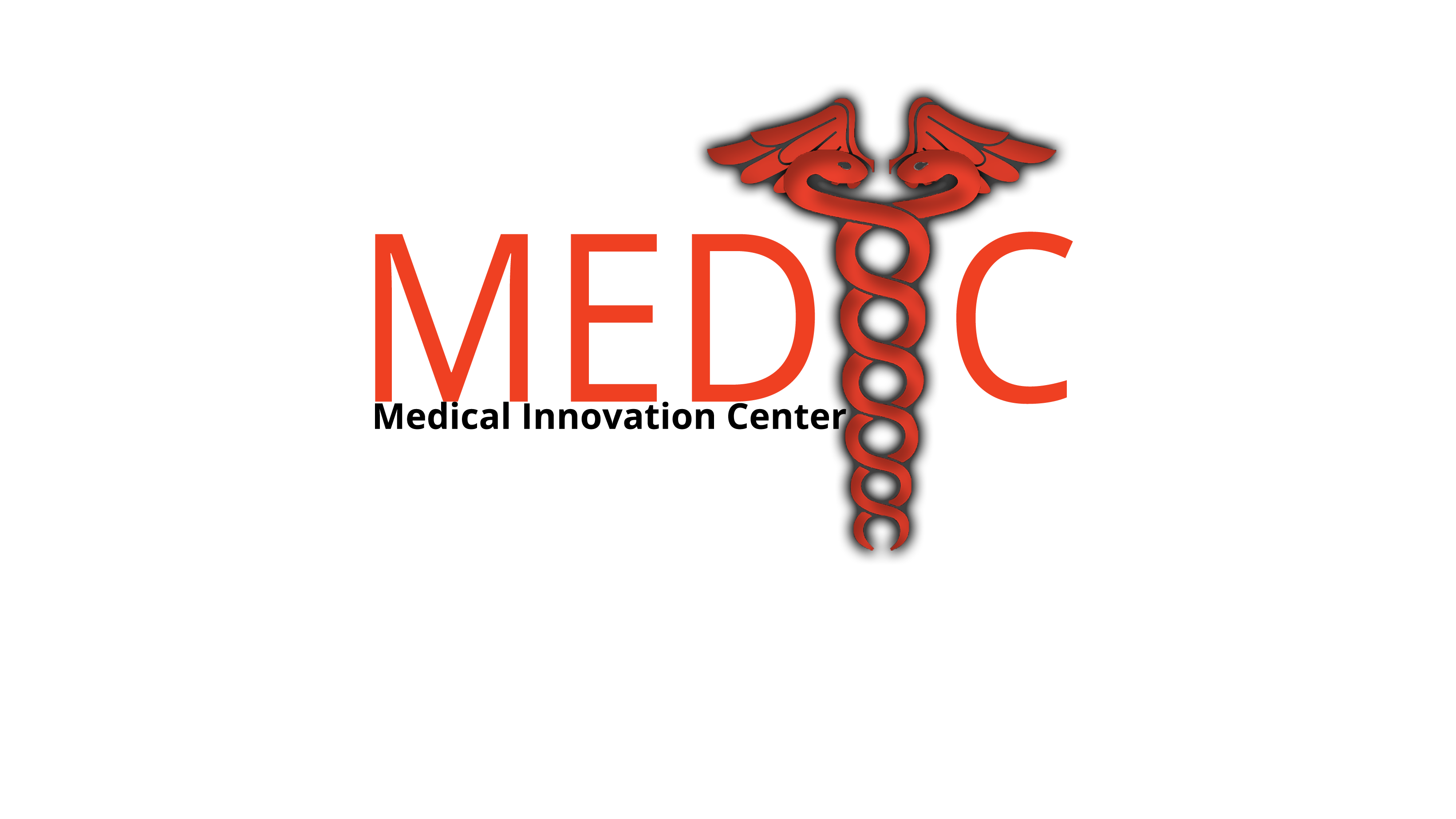Latest evidence on the field of Medical Education and Health Services Research suggests that Public Health should be an integral part of the medical education due to three key-reasons:
- Healthcare is provided by interdisciplinary teams; Intersectoral collaboration and interdisciplinary teamwork skills should be developed during the undergraduate studies to foster the capacity of health professionals that will staff the effective and sustainable health systems of the 21st century;
- The global burden of disease implies that the medical curricula should be blended with public health modules and courses in an effort to equip the future health professionals with tools and evidence that can successfully address the demands derived from the pattern of communicable and non-communicable diseases across countries
- Growing emphasis of Primary Care as illustrated to the Astana Declaration of the WHO suggests that PHC professionals are in an advantageous position to provide disease prevention and health promotion services by adopting an outreach, community-based approach. That is another core-function of Public Health.
The EUC School of Medicine is fully aligned with the WHO guidelines and the latest evidence in Medical Education. To address the health challenges and demands of the 21st century has developed a blended medical education curriculum as well as an interdepartmental and multidisciplinary MPH with two tracks:
a) Primary Health Care
b) Infectious Diseases Prevention and Control.
The aim of this program is to equip students with evidence-based tools and strategies useful in the context of daily clinical practice. Moreover, the program will familiarize students with the fundamentals of Public Health Care and Primary Healthcare research. The programme aims to provide a set of research skills that will allow students to effectively design, implement and evaluate preventive interventions and practices. Students, who choose to follow Primary Health Care, will gain the knowledge and understanding of the values and organization of primary health care globally, as well as the basic clinical principles and skills required to prevent and manage the most common acute and chronic conditions in primary care.
Upon successful completion of this program, students should be able to:
- Critically evaluate key challenges in disease management and prevention in primary healthcare in a variety of populations and discuss potential solutions.
- Provide an overview of the current screening and prevention practices and policies for the most common conditions and populations in primary healthcare.
- Synthesize, discuss and analyze key components for effective management of common chronic and acute medical term conditions across a range of settings.


